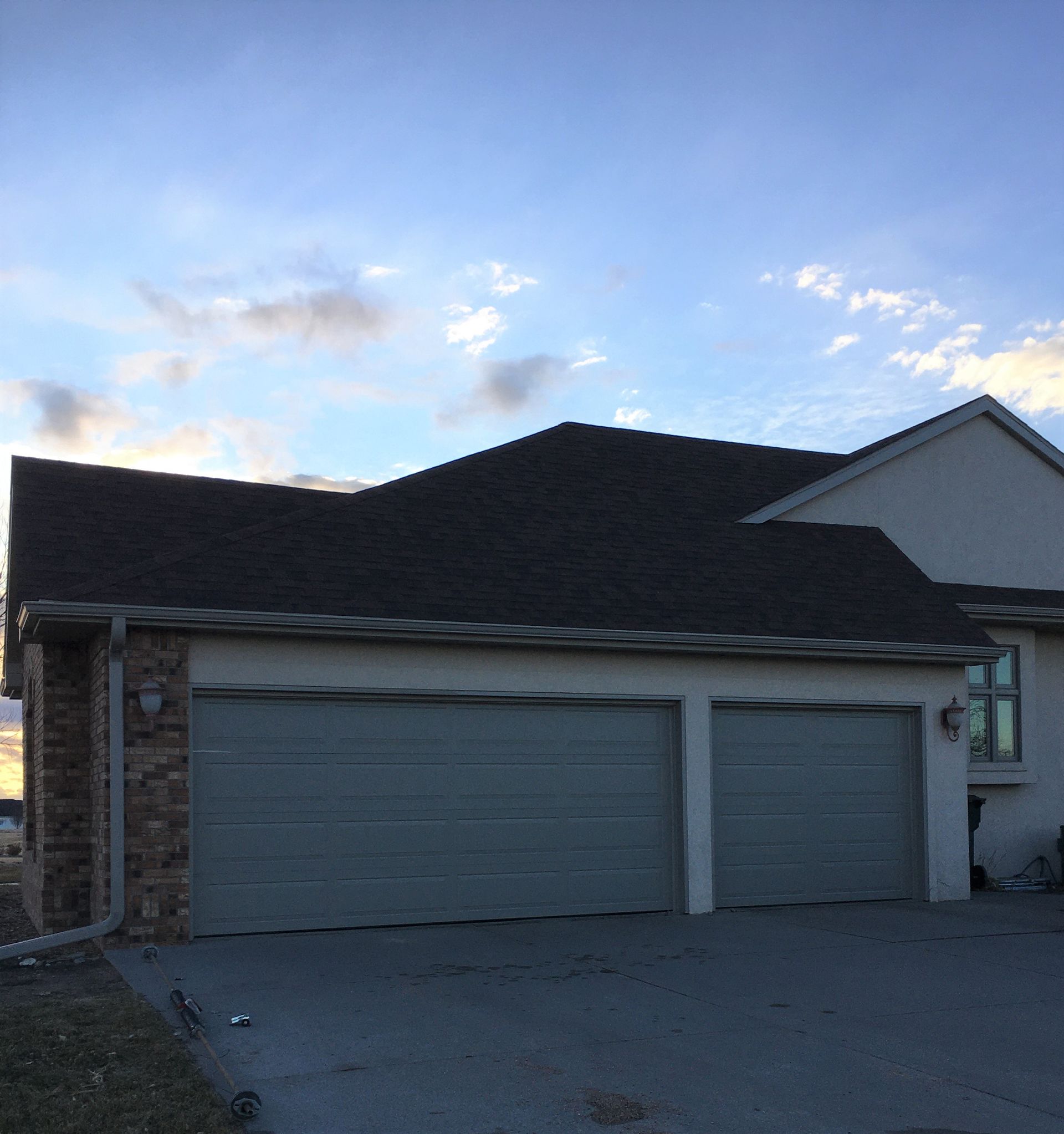Often overlooked, roof insulation plays a key role in enhancing your home’s energy efficiency. Learn how it improves roof performance, reduces energy bills, and boosts indoor comfort.
The Connection Between Insulation and Roof Effectiveness
Roof insulation is vital for your home’s temperature regulation. It prevents heat from escaping in the winter and keeps your home cool during summer, enhancing comfort and energy efficiency.
The Impact of Insulation on Energy Bills
Proper insulation reduces the workload on your HVAC system, keeping energy bills lower. Upgrading your roof’s insulation can reduce heating and cooling costs while also decreasing your environmental impact.
How to Upgrade Your Roof Insulation Effectively
- Consider R-Value: The higher the R-value, the better the insulation's performance. Choose the right R-value for your climate zone.
- Use Reflective Insulation: Consider upgrading to reflective insulation to reduce heat absorption and improve energy efficiency in hotter climates.
- Address Air Leaks: Ensure that air leaks around vents, skylights, and chimneys are sealed to prevent warm or cool air from escaping.
- Insulate the Attic: Since heat rises, ensure your attic is properly insulated to prevent heat from escaping through the roof.

Weathercraft’s Recommendations for Optimal Insulation
We suggest eco-friendly, durable insulation materials that ensure long-term performance. Weathercraft’s experts will assess your needs and recommend the best insulation solutions for maximum energy efficiency and budget flexibility.